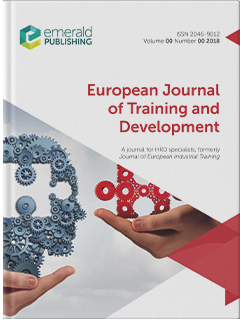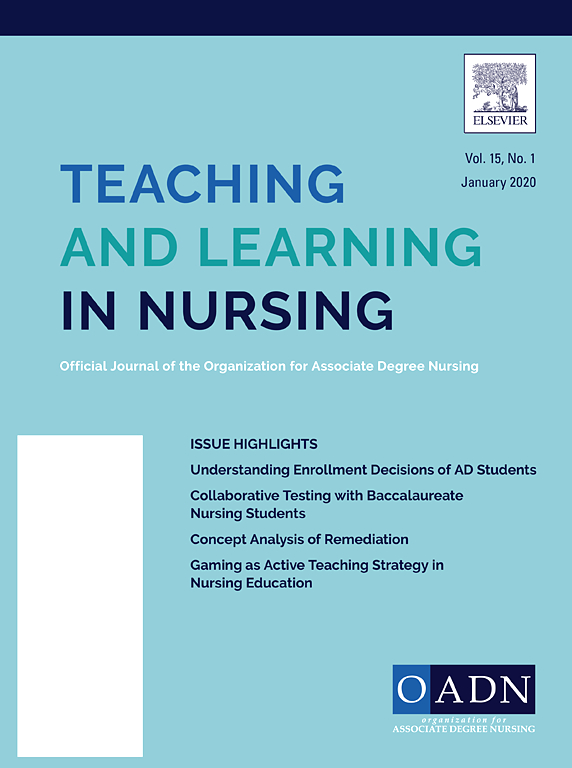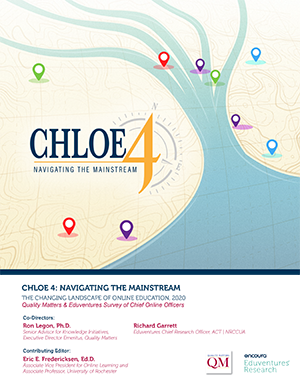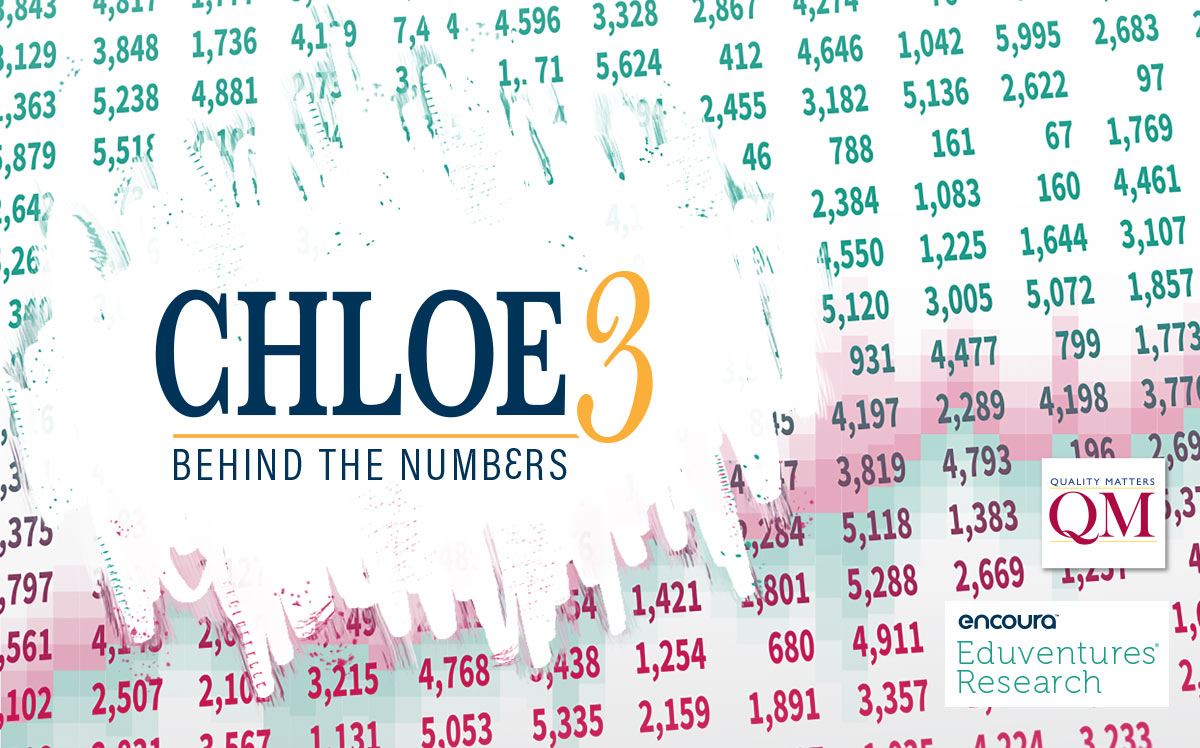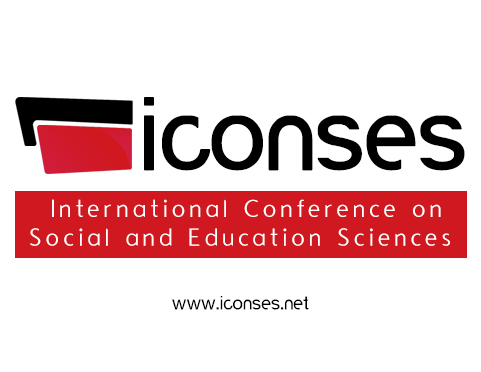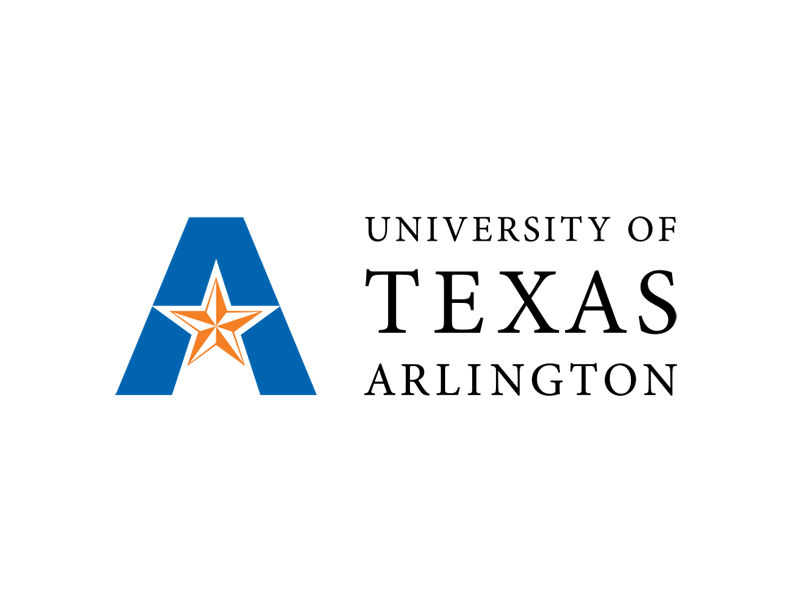Instructional
Connections wants to give back to our partners and help create a better
educational experience for all. Which is why we are pleased to announce our 2nd round of research grants totaling in at over
$33,000 are open for submissions and will be awarded to 4 partner institutions
in the coming quarter.
Our research grants will directly support scholarly & public discourse & foster the next generation of research around academic coaching, long distance learning, & the potential for new online degrees & courses.
Our research grant opportunities are for research
around the efficacy of Academic Coaching Models in an accelerated course
environment across a variety of disciplines. Our ultimate goal is to improve
and advance the understanding of online learning and how academic coaching can
continue to improve the learning experience for all students.
Instructional Connections expects the research grant proposals to include:
- Strong research designs and stringent analytic
methods
- Clear and compelling reasoning for the significance
of the research
- Conceptual framework and past related research
These
research grants reflect our high commitment to innovation in education and
working to provide better and move inclusive options for all students, faculty,
and institutions.
Instructional Connections Research Grant Application & Submission
There
are 8 parts to our research grant application process, and each applicant is
required to complete all parts of the application in order to be considered:
Section I:
Principal
Investigator Contact Information: We request that you provide complete contact
information of the principal investigator at the beginning of your application.
Section II:
Employment and Educational Credential Information: Include your institute, job title, and educational credentials in order to be considered for our research grant. Only partner institutions are eligible.
Section III:
CV Submission: Please provide your curriculum vitae, showing the course of your work throughout your professional life. This can range from 2-6 pages and should be detailed enough that its viewer can understand the direction and advancements of your career path.
Section IV:
Research Interests and Methodologies: Include a detailed section that summarizes your research accomplishments, current work, and future direction or potential for your work. Your future research interests may discuss specific issues or broad categories.
Section V:
Proposal Summary: Please provide a concise proposal summary in which you overview your research. Your research proposal summary can be similar to a research proposal abstract.
Section VI:
Proposed Budget Allocation: Indicate how you plan on spending your research grant, if you should receive it, allowing for categories and the amount of your budget that will be used in each.
Section VII:
Proposal Submission: Please submit your full proposal, explaining your purpose, methodology, timeline (preferred under 1-year), and other pertinent facts that will affect your research.
Section VIII:
Signature/Submit: Please sign your proposal and submit it by no later than May 30th, 2020.
Additional Resources:
Additional proposal submission instructions can be found on the IC Budget Policy and IC Grant FAQs pages.
Instructional Connections Research Grant Proposal Evaluation Criteria
- Overall presentation of a concise, cohesive, and
compelling project proposal
- Research which will add to scholarly literature
currently available on the topic
- Detailed information on the method which will be
employed to analyze the data
- Presentation of the educational significance, the
research questions, and the proposed activities (data collection and analyses)
- Presentation of a budget and timeline for the project
that fits within a 1-year timeline
Evaluations:
Each of the criteria will be given a
point value from 1-20 points. A maximum point value of 100 points can be
assigned for any given proposal.
A committee of academic peers and
Instructional Connections officers will review each proposal. Each committee
member will submit their individual scores, which will then be averaged.
Once the decision is made, Instructional
Connections will contact the grant awardee. Award decisions are conveyed within
six weeks of the award committee completion of the review process.
Once the grant is disbursed to the
institution, your time frame for the research begins. If an extension of time
is required for completion of the research, you will need to submit a request
in writing to IC at least three months prior to the end of the original date of
completion, with a full explanation for why the extension is required.
Current employees (full-time, part-time
or independent contractors) of Instructional Connections are ineligible to
apply for grants.
Questions about the grant process can be
directed to: Dr. Harriet Watkins, Chief Academic Officer at [email protected].
Or visit our website to learn more about Instructional
Connections, our grants, and our online academic coaches.




